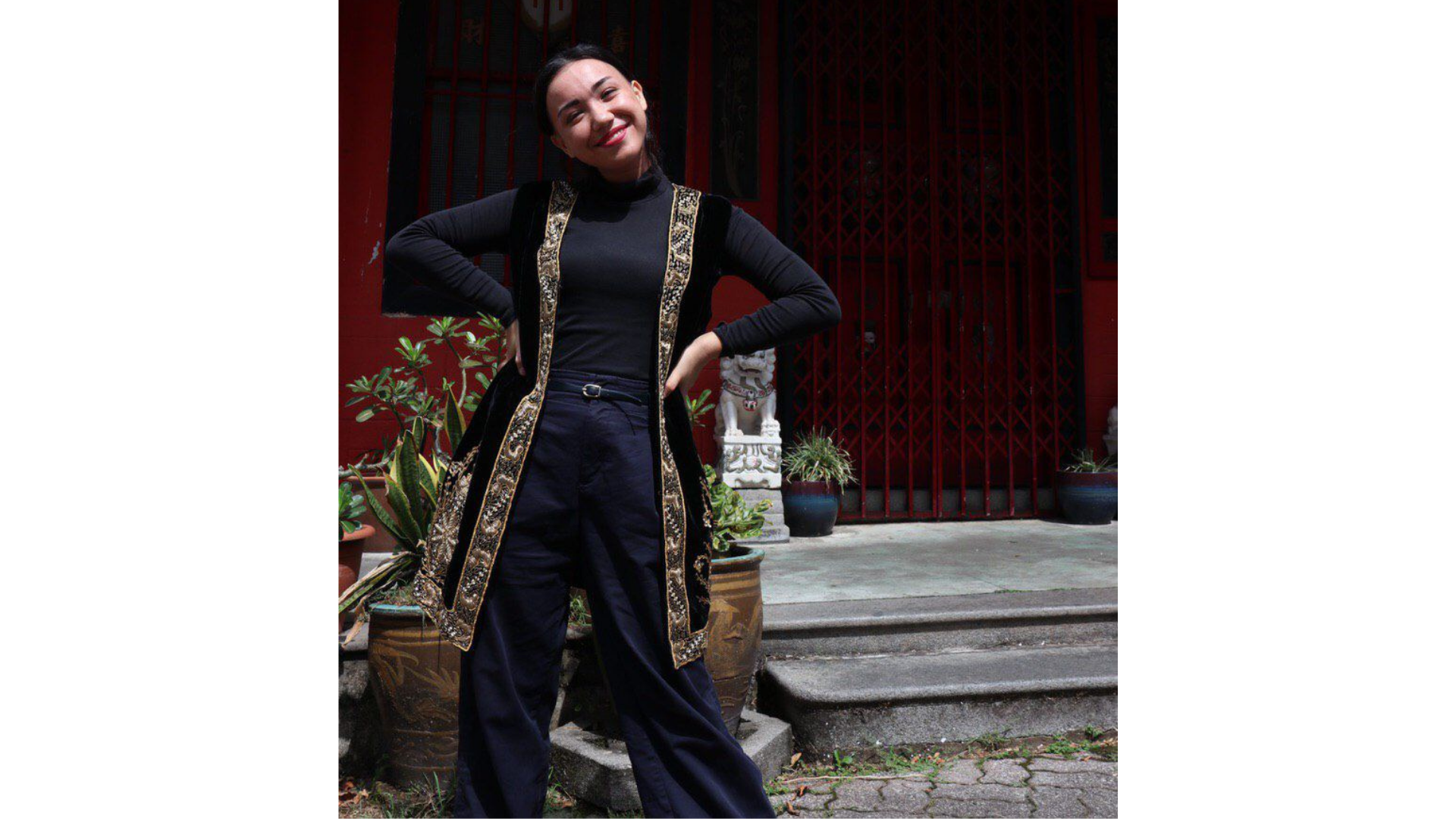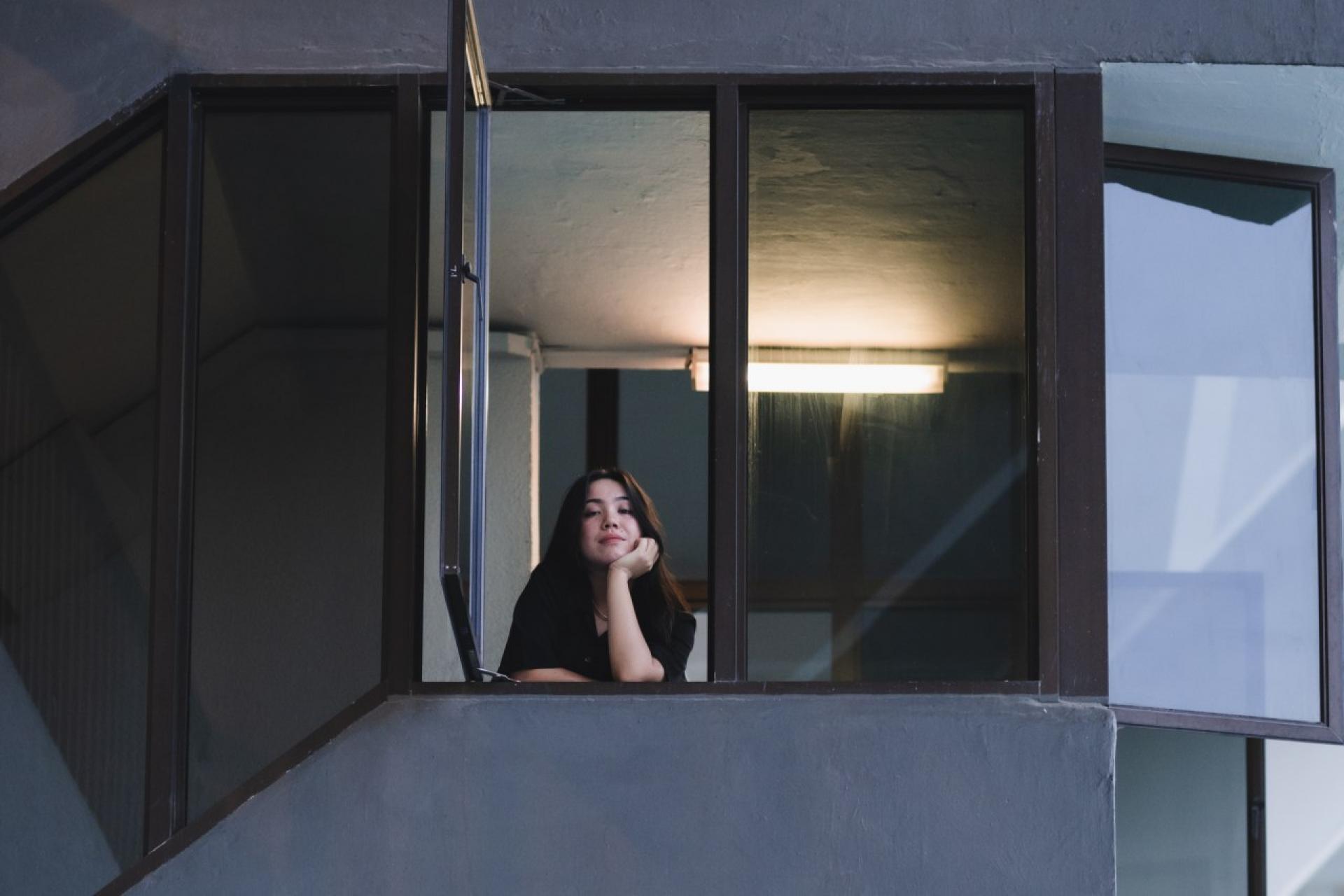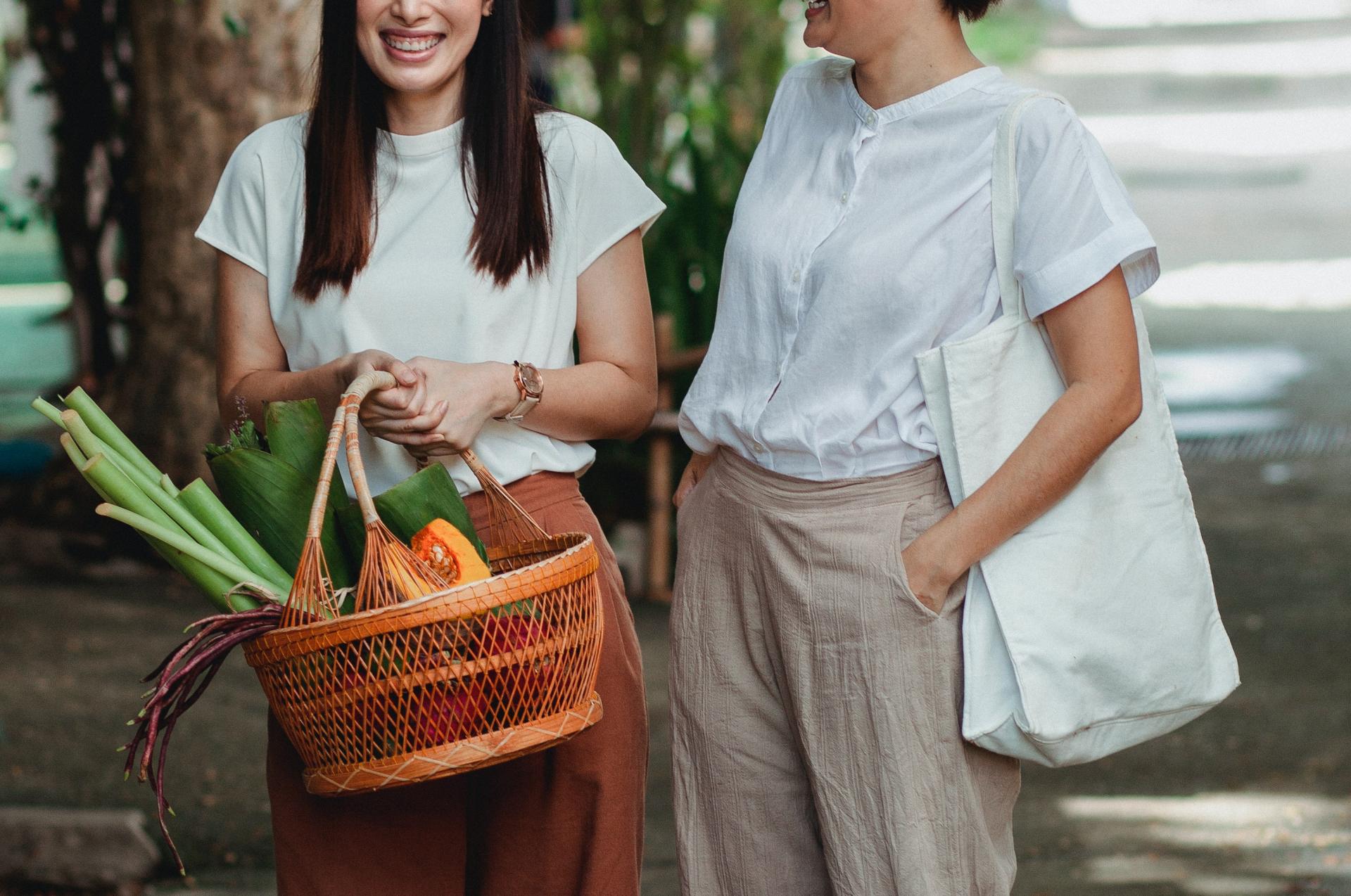For this week's #CurbYourConsumption challenge, we turn to vegan/vegetarian diets. Interested to find out more, GINNY HWANG speaks to 22-year-old Angela Hoten, who has been a vegetarian for four years and counting.
Please tell us more about yourself.
I’m a sophomore at Yale-NUS College and a prospective Environmental Studies major. I grew up and lived in Australia until I was 11 before moving to Singapore. I've been a vegetarian since I was 17, and at various points I also experimented with going vegan and pescatarian.

Image courtesy of Angela Hoten.
What motivated you become a vegetarian?
I was watching many documentaries on food, which made me curious about agriculture and where my meals came from. This prompted me to do more research on my own, and I came to learn how much water is used up from eating meat. To me, it makes more sense for people to grow food for their own consumption than to use the land to cultivate food for animals. Some these animals are also treated poorly and are raised in bad living conditions. All these factors contributed to my diet switch.
How have your perspectives and attitudes about vegetarianism changed over the years?
I used to think that farmers were abusive, that they did not care about their animals, and that they only wanted to make money. This was until I met a farmer in New Zealand, whom I befriended during a stay at a dairy farm. Seeing the way she raised her cows and the deep respect she had for her land and animals was eye-opening. This experience show me a very human side of the agricultural sector, and I realised that the ethical issues surrounding agriculture were bigger than farmers—they are just caught in a system that doesn’t give them that much choice.

Image courtesy of Angela Hoten.
More individuals are making conscious dietary decisions and appreciating their role in building a more sustainable future. What are your own observations?
It is important for us to align our actions with our personal values. However, I also recognise that we are mostly operating in systems that promote consumerism and capitalism over sustainability. That is why it will take more time and effort before we expect to see individual actions bring about major shifts. On the positive side, there are now more readily available vegan and vegetarian products than before. Plant-based diets have become more mainstream, and there are more options because the demand has gone up. We should work at keeping up the interest and demand.
For regular meat-eaters, is it hard to transition to a vegetarian or vegan diet? What was it like for you in the beginning?
Different people have different experiences, but for me the transition was completely fine. I started by going vegan for a week, and that felt great. It’s important to note the difference between a healthy plant-based diet and a vegan diet, though. A vegan diet just means no meat, dairy and eggs; not necessarily that you’re eating healthfully. How you prepare and cook your food still matters.
My general advice is to do your research. Diets in general can be very destructive to our bodies if we blindly dive into things we’re not used to. If going vegetarian is very new to you, maybe don’t go cold turkey on meat. Start by eating vegetarian food two days a week and progressively cutting out red meat. Making changes slowly will help your body adjust better to the dietary changes.

Eating out is generally okay. When you go to any hawker centre, there are usually options. However, the diet is still a bit niche when you try to look for restaurants that are entirely vegetarian or vegan—they’re so much more expensive than regular eateries.
Ultimately, you shouldn’t feel bad if a vegetarian or vegan diet doesn’t work out for you. There are always other ways to make sustainable choices.
What has been the most rewarding part of your vegetarian journey thus far?
Seeing how much my friends and my family have opened up to plant-based eating. My family is Australian—and Australians eat so much meat. When I first started, they didn’t take me seriously, but after seeing how I've integrated vegetarianism into my lifestyle, they have begun to eat less red meat and are preparing meals that are more inclusive to vegetarians. This is something very rewarding to see.

Image courtesy of Angela Hoten.
Additionally, the same friends who once made fun of me for my diet are now asking me to bring them to vegetarian restaurants. They themselves have become interested to learn more and are making informed diet choices.
Unless otherwise stated, all images via Pexels.








Comments